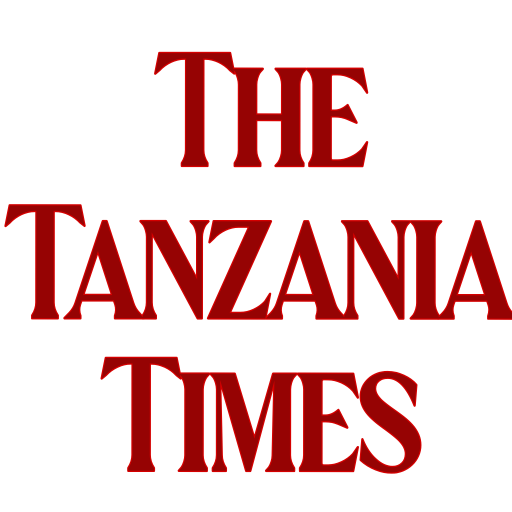The third East African Community’s Kiswahili Day this year is hosted in the Kenyan Coastal City of Mombasa.
Taking place in sync with the second East African Kiswahili Commission (EAKC) International Conference, the cultural and language event is scheduled for three days from July 5 to 7, 2024.
The guiding theme is ‘Kiswahili, Multilingual Education and the Enhancement of Peace.’
According to a statement from the EAC secretariat in Arusha, the occasion will provide a platform for Kiswahili stakeholders to share knowledge, evidence from research, best practices, experiences and worldviews on the role Kiswahili education plays in the enhancement of a culture of peace.
More than 100 million people speak Kiswahili around the world.
The objective of the third EAC World International Kiswahili Day and the second EAKC International Conference is to explore the role of Kiswahili and multilingual education in fostering a culture of peace.
Organized by the East African Community (EAC) and the Republic of Kenya the celebrations bring together diverse stakeholders including, but not limited to researchers, academics, practitioners, students, policy makers, language councils, language associations, the media and other Kiswahili stakeholders from the EAC and beyond.
The participants get to spend the three days of the conference and celebration day to discuss how Kiswahili and multilingual education are and can be used to educate society on the enhancement of peace at local, national, regional and global levels.
The meeting will also consider policy implications for the use of Kiswahili and multilingualism for peace education and make recommendations on the use of Kiswahili and multilingualism in promoting a culture of peace.
The celebrations for this year’s Kiswahili Day and Conference features among other things: youth mentorship and engagements with other stakeholders, media engagement and awareness creation activities as well as outreach activities including tree planting and cultural activities.
The second East African Kiswahili International Conference will deliberate on different sub-themes including, Kiswahili, Multilingualism and Peace; Kiswahili Education and Peace; Kiswahili, Regional Integration and Peace, as well as Kiswahili, Peace and Sustainable Development.
Other topics are, Kiswahili in local, national, regional and global peace; Kiswahili, Youth and Peace Education; Kiswahili, Refugee Education and Peace and Kiswahili, Media and Peace Education.
Deputy Secretary General of the East African Community, Andrea Aguer Ariik who is in charge of Infrastructure, Productive, Social and Political Sectors, said that Kiswahili Day serves as a reminder of the importance of language diversity and unity in the EAC.
“Kiswahili, as a widely spoken language in East Africa, not only bridges communication gaps but also represents a common identity among the member states of the EAC,” said Ariik.
“As we look forward to commemorating the EAC Kiswahili Day, let us embrace the language, its richness and its ability to bring us together as a diverse yet united East African Community,” he added.
July 7 has been declared as World Kiswahili Language Day by the 41st General Conference of UNESCO which met in November 2021.
The 42nd Meeting of the EAC Council of Ministers adopted the declaration of 7th July as World Kiswahili Language Day and directed that it be celebrated annually on a rotational basis among the EAC Partner States.
On the other hand, the first EAC World Kiswahili Language Day was held in Zanzibar in July 2022.
Following the approval by the 18th Sectoral Council on Education, Science and Technology, Culture and Sports (SCESTCS), the second EAC World Kiswahili Day was held in Kampala, Uganda in July 2023.



